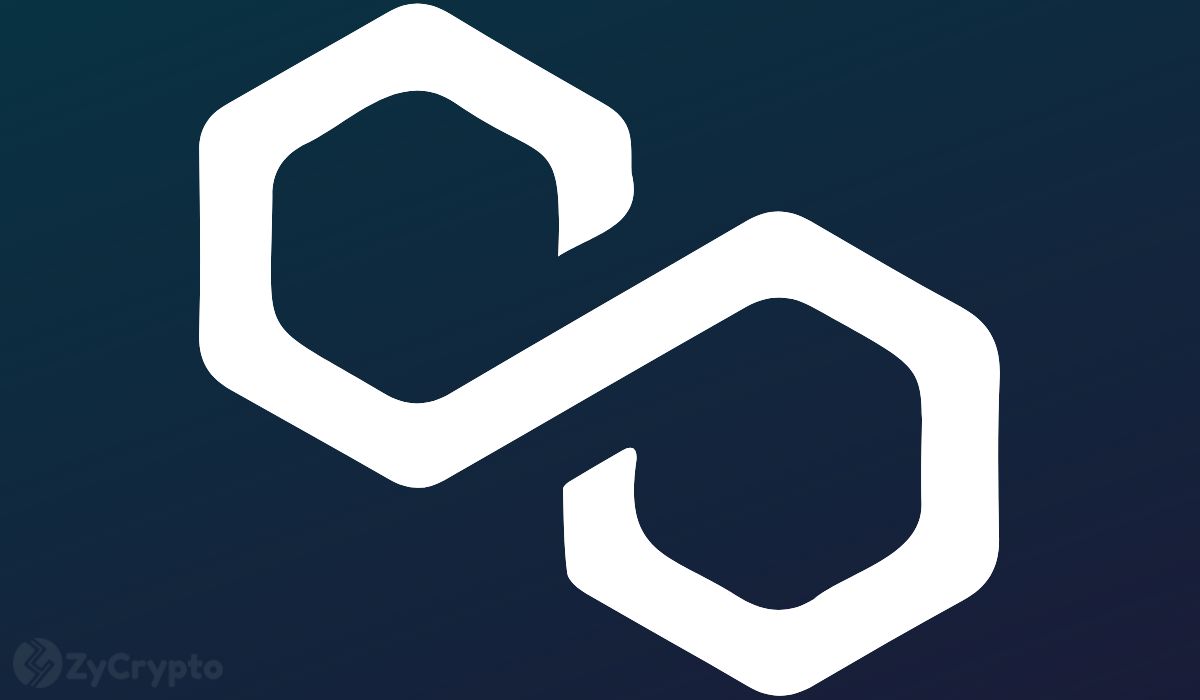Polygon Labs, the developer company behind the Ethereum scaling solution Polygon, said Wednesday that it will be upgrading its original MATIC token to its new POL token starting September 4 following community approval.
The technical upgrade is part of Polygon’s 2.0 roadmap, which aims to enhance its zero-knowledge-based layer 2 chains ecosystem and boost the utility and functionality of its native token.
The MATIC-POL Migration Process
Layer-2 network Polygon has set the date for the much-anticipated MATIC to POL migration.
Post-upgrade, POL will replace MATIC to become the primary token for gas fees and staking within Polygon’s main chain, the Polygon PoS chain, during the initial phase. In subsequent phases of the upgrade, POL will also play a role in securing other blockchains in Polygon’s wider “aggregated” network, including the AggLayer.
“POL is a hyperproductive token that can be used to provide valuable services to any chain in the Polygon network, including the AggLayer itself,” Polygon wrote in their July 18 blog post.
For current MATIC holders on the Polygon PoS chain, no action will be required on their part as their tokens will be automatically upgraded to POL after the upgrade. However, users holding MATIC on Ethereum, Polygon’s zkEVM rollup, and centralized exchanges will have to either bridge, update smart contracts, or use a migration contract on a case-to-case basis to ensure a smooth transition to POL.
“If users don’t update RPC settings in a wallet (MetaMask, Rabby, Zerion, etc.), the wallet may still display “MATIC” instead of “POL” as the token symbol for the native gas token for the Polygon PoS chain,” the post explained.
Additionally, developers and stakers who have delegated their MATIC on Ethereum will have their tokens automatically show up in POL, with the choice to opt-out if they wish.
Journey To Polygon 2.0
Polygon started a testnet migration on July 17 to allow the team to identify and fix any potential issues such as bugs and vulnerabilities before the mainnet migration on September 4.
The token migration is a critical part of Polygon’s planned revamp, as outlined in its Polygon 2.0 roadmap announced last year. This upgrade aims to expand the utility of the network’s native token, with POL expected to play a wider role in the upcoming Polygon staking hub next year — which entails block generation, zero-knowledge proof generation, and participation in Data Availability Committees (DACs).
Meanwhile, Polygon Labs is also working with the TON Applications Chain (TAC) to bring Ethereum Virtual Machine (EVM) functionality to Telegram-linked TON.



 (@sandeepnailwal)
(@sandeepnailwal)